As the population ages, providing seniors with effective healthcare solutions is crucial. Personalized care plans address the unique needs of elderly individuals by considering their medical history, lifestyle, and health conditions. These plans offer targeted interventions that enhance health outcomes and quality of life. They also foster autonomy and dignity, ensuring seniors' preferences are respected in daily care. Ultimately, personalized care improves well-being and offers peace of mind for seniors and their families.
Understanding the Importance of Individualized Senior Care
The Benefits of Personalized Care
Individualized senior care recognizes that one size does not fit all when it comes to healthcare. By tailoring care to the specific needs of each senior, these personalized plans improve health outcomes by addressing chronic conditions, monitoring medications, and promoting preventative care. This bespoke approach reduces hospital visits and enhances the quality of life, allowing seniors to maintain independence and live comfortably in their own homes.
Enhancing Emotional and Psychological Well-being
Beyond physical health, individualized care plans play a significant role in addressing the emotional and psychological aspects of aging. Seniors who feel understood and respected experience a greater sense of control over their lives, which can reduce feelings of anxiety and depression. Through meaningful engagement and supportive interactions, personalized care can lead to stronger emotional resilience and a more positive outlook on life.
Family and Caregiver Support
Family members and caregivers are integral to the success of a personalized care plan, and understanding their role is crucial. These plans often provide guidance and training, ensuring that caregivers are well-equipped to execute daily tasks and respond to emergencies effectively. This support alleviates the burden on family members, fostering a collaborative environment that benefits both seniors and those who care for them.
How Personalized Plans Address Unique Health Needs
Comprehensive Health Assessments
Personalized plans begin with a comprehensive health assessment that evaluates the senior's individual medical conditions, medications, and lifestyle factors. By understanding the full scope of a senior's health, healthcare providers can identify specific needs and potential risk areas. This thorough evaluation is critical for developing a care plan that addresses all aspects of the individual's health and wellness.
Tailored Interventions and Treatments
Once a clear understanding of the senior's health is established, personalized plans incorporate tailored interventions and treatments. These may include specialized therapy for chronic conditions, targeted medication regimens, and nutrition and exercise programs designed to improve overall health. By focusing on interventions that directly address the unique health needs of each senior, personalized plans enhance the effectiveness of treatments and promote better health outcomes.
Ongoing Monitoring and Adjustments
Personalized care plans are dynamic and involve ongoing monitoring to ensure that the health needs of seniors continue to be met. Regular check-ups and assessments allow for timely identification of any changes in health status, enabling caregivers to adjust the care plan as needed. This flexibility is essential in accommodating the evolving nature of health conditions and ensuring sustained health and well-being.
Coordination of Healthcare Services
An integral component of personalized plans is the coordination of various healthcare services and professionals involved in a senior's care. This holistic approach ensures that all aspects of the senior’s health are addressed cohesively, minimizing gaps in care and preventing misunderstandings. Coordination enhances communication among healthcare providers, ultimately leading to a more seamless and effective healthcare experience for seniors.
The Role of Medical History in Tailoring Senior Care
Importance of Thorough Medical Records
Thorough medical records serve as a foundational tool in crafting tailored care plans for seniors. By having comprehensive access to past medical records, healthcare providers can effectively identify previous health issues, treatments, and responses that guide future care strategies. This historical perspective helps in understanding patterns in health events, like hospitalizations or chronic condition exacerbations, allowing for a more informed and proactive care approach.
Identifying Risk Factors and Trends
An individual's medical history provides crucial insights into risk factors and health trends. For example, if a senior has a family history of cardiac issues or has experienced prior heart conditions, this information allows healthcare professionals to develop preventive measures and closely monitor cardiac health. Recognizing patterns such as frequent falls or recurring infections from historical data helps tailor interventions that may prevent future occurrences.
Customizing Treatment Plans
The insights gained from a senior's medical history are invaluable in customizing treatment plans. Knowing which medications have been effective or caused adverse reactions enables healthcare providers to optimize current medication regimens, ensuring both efficacy and safety. Additionally, familiarity with past therapies allows for adjustments that can avoid unnecessary repetitions and focus on what best suits the individual's evolving health status.
Informing Lifestyle Recommendations
Medical history not only informs clinical decisions but also guides recommendations for lifestyle modifications. Understanding how past lifestyle changes have impacted the senior's health assists caregivers in formulating sustainable and appropriate suggestions. This might include tailored advice on nutrition, exercise, and social activities that align with the senior's health goals and personal preferences, ultimately fostering a more engaging and effective personalized care plan.
Lifestyle Considerations in Developing Personalized Plans

Evaluating Daily Habits and Routines
Understanding a senior's daily habits and routines is essential in developing personalized care plans that are both practical and effective. By assessing daily activities such as sleep patterns, dietary habits, and mobility levels, caregivers can create plans that integrate seamlessly into the senior's lifestyle. This evaluation ensures that suggested modifications are achievable and sustainable, fostering adherence and enhancing quality of life.
Nutrition and Dietary Preferences
Incorporating a senior's dietary preferences and nutritional needs is a critical component of personalized plans. By recognizing and respecting food preferences, cultural traditions, and potential dietary restrictions, caregivers can offer meal plans that are both enjoyable and health-optimizing. Personalized nutrition plans aim to prevent deficiencies and manage chronic conditions, improving overall well-being and vitality.
Physical Activity and Exercise Routines
Physical activity is a vital aspect of maintaining health and independence in seniors. Personalizing exercise routines based on individual abilities, interests, and health conditions helps maximize the benefits of physical activity. Whether through tailored walking programs, strength training, or gentle yoga, these routines enhance mobility, balance, and overall fitness levels.
Social Engagement and Community Involvement
An often overlooked element in care plans is the role of social engagement and community involvement. Encouraging participation in social activities, volunteer work, or hobby groups helps seniors maintain a sense of purpose and connection. Personalized plans should consider social preferences, accessibility to community resources, and opportunities for interaction to combat loneliness and promote mental health.
Adapting to Environmental Factors
Environmental factors such as living conditions and community resources significantly impact the effectiveness of a personalized plan. Assessing home safety, accessibility, and availability of local services allows for adjustments that accommodate the senior's needs while maintaining their independence. Care plans should include recommendations for necessary modifications, such as installing grab bars or optimizing lighting, to create a safer and more supportive environment.
Integrating Health Conditions into Customized Care Approaches
Comprehensive Assessment of Health Conditions
Effective integration of health conditions into customized care approaches begins with a comprehensive assessment. This involves a thorough evaluation of the senior's current diagnoses, symptoms, and the overall impact of these conditions on daily life. Healthcare providers collaborate with the individual to understand their priorities and concerns, ensuring that care plans align with personal goals and address all primary health issues systematically.
Collaborative Care Teams
Customized care approaches benefit significantly from collaborative care teams consisting of various healthcare professionals. This team might include doctors, nurses, specialists, physical therapists, and nutritionists who work together to ensure that each aspect of the senior's health is addressed holistically. Regular team meetings and open communication pathways are essential to adapt care plans according to the senior's evolving health needs.
Integrating Treatment Modalities
Blending different treatment modalities is crucial in managing multiple health conditions effectively. This may involve combining conventional medical treatments with alternative therapies like acupuncture, massage, or meditation to support overall well-being. When carefully integrated, these modalities can complement traditional treatments, offering a balanced approach that caters to the senior's unique health profile.
Monitoring and Adjusting Care Plans
As health conditions fluctuate, continuous monitoring and timely adjustments of care plans are vital to maintaining efficacy. Regular check-ups and feedback from seniors and their caregivers allow healthcare providers to adjust medications, therapies, and lifestyle recommendations as needed. This adaptive process ensures that care remains responsive and aligned with the senior’s current health status and life circumstances.
Educating Seniors and Caregivers
Empowering seniors and their caregivers through education is a key element in integrating health conditions into care. Providing information on condition management, recognizing warning signs, and understanding treatment options fosters a proactive approach. Educated seniors are better equipped to participate actively in their care, while informed caregivers can provide more effective support, creating a partnership that enhances health outcomes.
Enhancing Health Outcomes Through Targeted Interventions
Assessing Individual Needs
Targeted interventions begin with a thorough assessment of the individual needs of seniors. By identifying specific areas of health concern, caregivers and healthcare providers can devise focused strategies that directly address these issues. Personal assessments may include evaluations of chronic conditions, mental health status, and functional abilities, laying the groundwork for tailored interventions that drive optimal outcomes.
Personalized Care Strategies
Developing personalized care strategies is crucial for enhancing health outcomes. These strategies should be adaptable and consider the senior's preferences, cultural background, and lifestyle. Examples may include tailored exercise programs, nutritional guidance, or individualized medication plans, all designed to enhance specific health parameters while respecting personal choices.
Implementing Evidence-Based Practices
Incorporating evidence-based practices into care plans ensures that interventions are both effective and reliable. Access to the latest clinical guidelines and research-backed strategies allows healthcare providers to implement interventions that have been proven to improve health outcomes. Whether through medication management or new rehabilitation techniques, evidence-based approaches provide the foundation for successful targeted interventions.
Utilizing Technology and Innovation
Leveraging technology and innovative solutions can significantly enhance health outcomes. Tools such as telemedicine, health tracking apps, and remote monitoring devices allow for more accurate tracking of health parameters and quicker interventions when necessary. Integrating technology into care, especially for managing chronic conditions, offers real-time data and support that can take senior care to the next level.
Continuous Evaluation and Feedback
Continuous evaluation and feedback are vital components of targeted interventions. Regular assessments help track progress and identify any necessary modifications to care plans. Engaging seniors and their families in these discussions promotes a collaborative approach, ensuring that interventions remain aligned with the evolving health status and personal objectives of the senior.
Strengthening Support Systems
Strong support systems are essential in maximizing the effectiveness of targeted interventions. Building a network that includes family members, healthcare professionals, and community resources provides seniors with the comprehensive support they need. Encouraging open communication and coordinated efforts within this support system helps maintain the focus on achieving the best possible health outcomes for seniors.
Supporting Seniors' Autonomy with Personalized Care

Fostering Independence
Encouraging independence is a fundamental aspect of supporting seniors' autonomy. By allowing them to make personal choices and participate in decision-making processes, seniors can maintain a sense of control over their lives. This involvement not only boosts confidence but also promotes active engagement in managing their health. Care plans should empower seniors to take charge of their daily activities and routines, reinforcing their independence.
Tailoring Care to Individual Preferences
Recognizing and honoring individual preferences is crucial in personalized care for seniors. Each senior has unique desires and personal values that should be reflected in their care plans. Customizing daily routines, dietary choices, and activity schedules to match these preferences ensures that the care provided is not only effective but also enjoyable and meaningful. This approach fosters satisfaction and enhances the overall quality of life.
Encouraging Self-Management Skills
Education and training play a critical role in supporting seniors to develop self-management skills. Providing resources and guidance enables seniors to understand their health conditions better, adhere to treatment regimens, and engage in healthy behaviors. Self-management empowers them to monitor symptoms, manage medication, and recognize the importance of lifestyle modifications, which collectively enhance their autonomy.
Providing a Safe Environment
A safe and supportive living environment is essential for fostering autonomy among seniors. Implementing modifications such as grab bars, non-slip flooring, and adequate lighting helps reduce the risk of accidents, allowing seniors to navigate their spaces confidently. Additionally, ensuring that seniors have access to emergency assistance and healthcare resources within their environment contributes to their overall sense of security and independence.
Balancing Support with Empowerment
Striking the right balance between providing support and promoting autonomy is key to personalized care. While caregivers and healthcare professionals are there to assist, it is important to encourage seniors to perform tasks independently whenever possible. This balance reinforces their capabilities and builds resilience, helping seniors feel empowered while knowing support is readily available when needed.
Get in Touch with The Care Concierge of New England
Are you ready to explore personalized care solutions for yourself or a loved one? The Care Concierge of New England is here to assist you in navigating the complexities of senior care with compassion and expertise. Our customized care plans and innovative health solutions are designed to meet your unique needs and preferences. Reach out to us today to discover how we can support your journey toward enhanced health and autonomy. Contact The Care Concierge of the New England by visiting our website or calling us directly to schedule a consultation. Let us help you achieve the best possible outcomes for your senior care needs.


